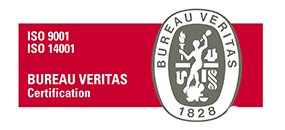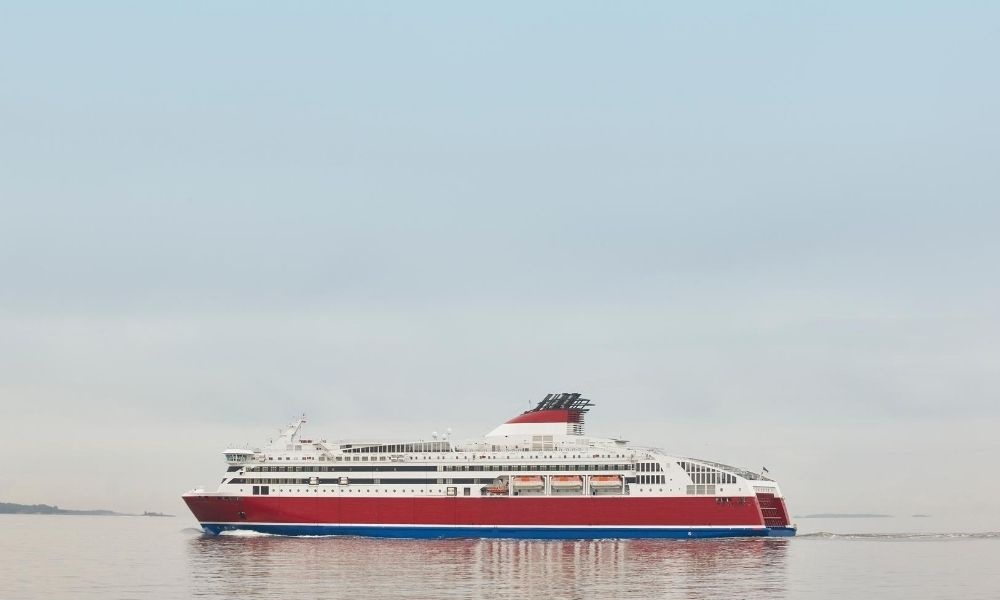
Welcome to our new website, a direct line of communication designed to enhance business relationships by providing a clear and transparent overview of our work.
Our entire company staff are excited about taking up this new challenge, aware that new technologies are the key to continuing to offer the very highest quality and effectiveness in our services.


Cargo ships committed to sustainability and the most advanced technology
The maritime industry has had to adapt to new advances and the new rules in our rapidly changing world. Sustainability and technology are advancing without haste, but without rest to exert their influence on larger ships that transport tons of merchandise across the waters. Even if the idiosyncrasy of the sea itself means that the effects of this evolution are not as immediate as in other sectors, progress has arrived and is here to stay, or to lay foundations for the future.
Our bunkering agency in the Strait of Gibraltar has witnessed the ups and downs of the sea for more than a century, and we follow the maritime revolution closely. We have compiled some facts and characteristics that are being imposed or will be imposed in the coming years.
Autonomous technologies and sustainable alternatives
According to experts, the maritime sector is moving towards novel boat designs, cost savings, IT-advances and green energy. This means it is committed to initiatives that include, among others, more streamlined hulls and the use of more efficient engines. In a long-time perspective, this revolution of the sector is completed by the introduction of new fuels, the return of sailing ships, and the reign of artificial intelligence for safer navigation.
Robotic technologies for the maritime industry are envisioned for all types of navigation, granting autonomy. This kind of technology could also be very useful to establish positioning and orientation of vessels, using devices such as sensors and actuators.
Some examples of this automation of navigation can be seen in initiatives that have been developed in recent years, such as the launch of Proyecto Ulises (Industrias Ferri and the University of Vigo) and the Rolls-Royce Ship Intelligence autonomous ship system, created by the company of the same name, as well as other technological advances.
Another project that allows us at Salama, shipping agent in Ceuta, to see the future when it comes to ship mobility comes at the hand of the Spanish start-up Bound4Blue and its proposal to build boats with rigid sails (similar to the wings of an airplane). It is a model designed to reduce engine use and save fuel, thus minimising polluting emissions.
Among other advances that are beginning to emerge we can also mention the use of green batteries on electric boats. The maritime industry is heading towards electro-mobility, guided by companies like Siemens and its sustainable transport technology. According to the latest predictions, the use of batteries in ship building will double during the coming years.
Ultimately, the ships of the future seem to yield to modern design, innovation and the most environmentally friendly technologies available. Our Salama team is preparing to continue offering the highest quality and effectiveness in the new context that the future will create for the maritime industry.